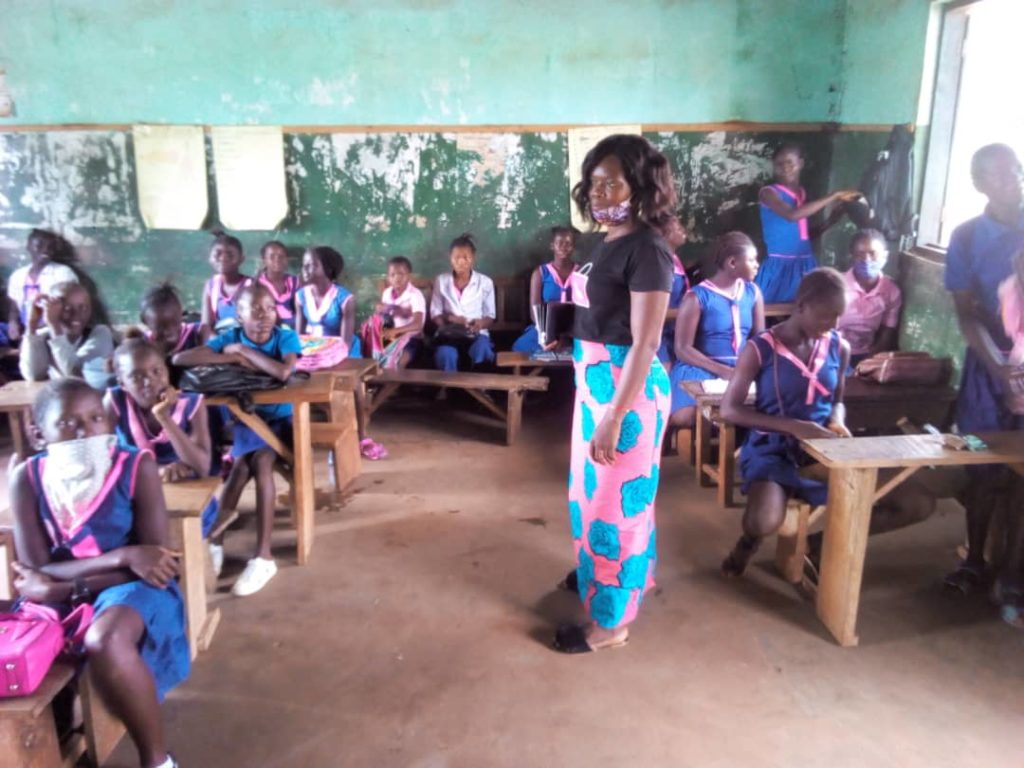Until the Covid-19 pandemic, it was difficult to explain the enduring power of superstition in traditional societies to people who live in the Global North. Now, as North Americans and Europeans decline the chance to be vaccinated, we are reminded that people make choices based on misinformation in all parts of the world.
In Sierra Leone, Ebola survivors have had a second fight on their hands, after their recovery: battling suspicion and stigma. It is commonly believed that the virus was a curse from the spirit world. In the same vein, people often suspect that epilepsy is infectious.
This is the story of Sam, a school teacher:
One day I felt dizzy at school and fell unconscious – it was a big surprise and I had no idea how it happened. A colleague came to my aid and helped me. She later told me it resembles epilepsy. The seizures became more frequent, and I faced the embarrassment of parents removing their children from the school as they thought they risked catching epilepsy from me. I was suspended by the school and didn’t know what to do.
What Did We Do About It?

Thankfully, Sam heard that our local team, Conforti Port Loko, might be able to help him. Florence, one of our counsellors, began visiting him. She went to his school, where she and her team started to educate the children, teachers and parents about epilepsy. The team explained that it is not communicable, and that with treatment, it would not affect Sam’s ability to teach and look after children.
Florence also helped me to access medication. The school has reinstated me, I’m part of the school family again, and the medication is so far preventing me from having more seizures.
Our project in the Port Loko district of Sierra Leone did the following in 2020:
- 161 patients attended mental health clinics, run by the Port Loko district mental health nurse and supported by our team.
- 459 people with mental illnesses and/or epilepsy and 43 carers received counselling.
- We supported 9 Self Help Groups with a total of 179 members.
- 131 people joined our community outreach sessions which covered referral pathways, stigma reduction, mental health signs and symptoms, and family support.
- 56 participants (including 17 children) were prescribed epilepsy medication and attended monthly review sessions with a mental health nurse.
- 10 of our team members received mental health refresher training and supervision
- And we continued to educate the community, countering the misinformation and superstition that leads to stigma.
The work continues this year. By the end of June 2021, three quarters of the clients with epilepsy that we provide with epilepsy medication and follow up had had no seizures for over three months. Also, all 17 children with epilepsy who we have been providing medication for have successfully returned to school over the past year, thanks to the stability that their medication has given them.
In the words of Stevie Wonder, “When you believe in things that you don’t understand then you suffer…”
Thank you for helping us to give a helping hand to people who are willing to help themselves.
To donate, please go to https://network4africa.org/donate/